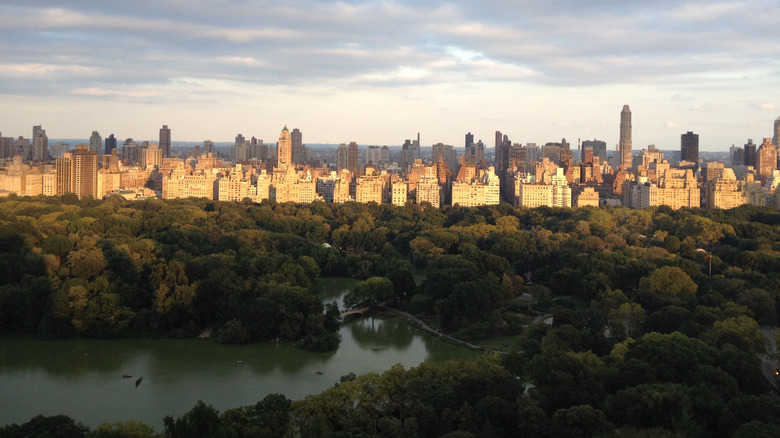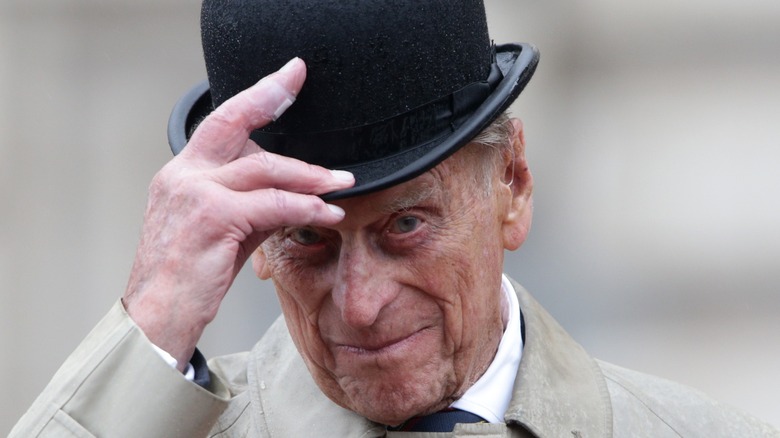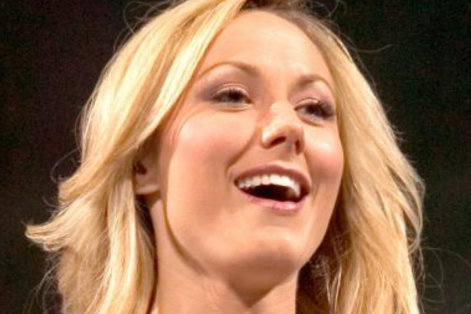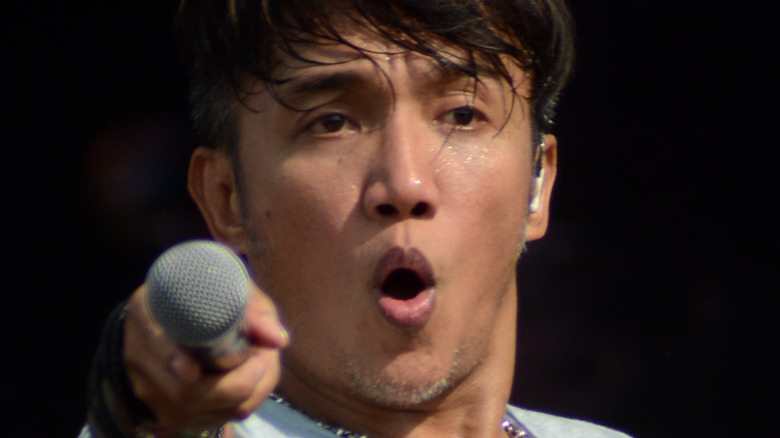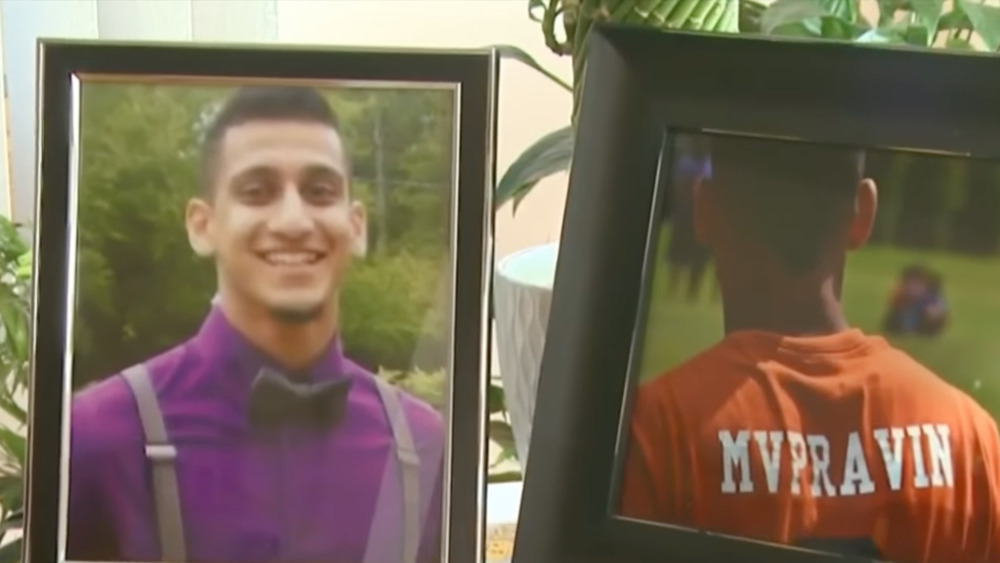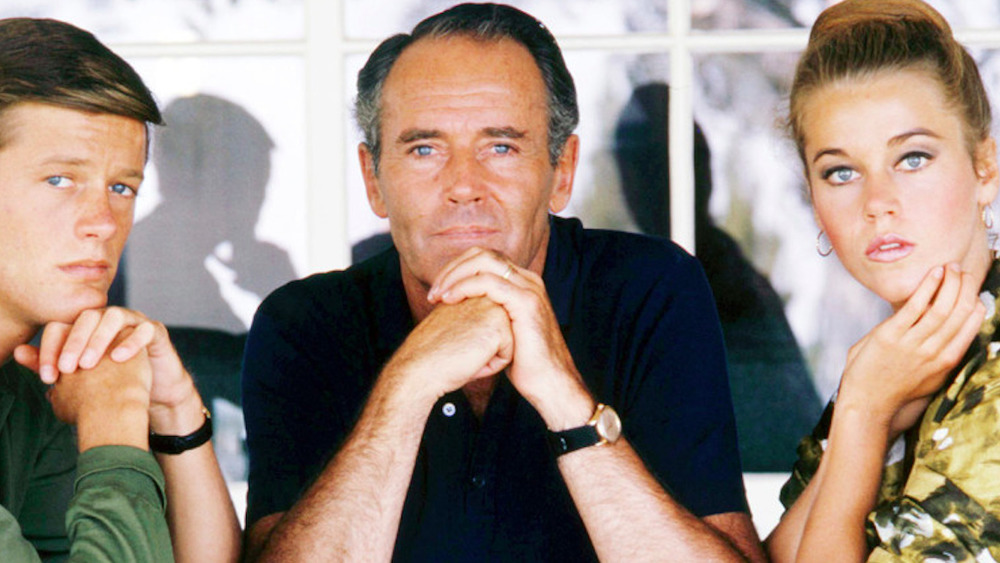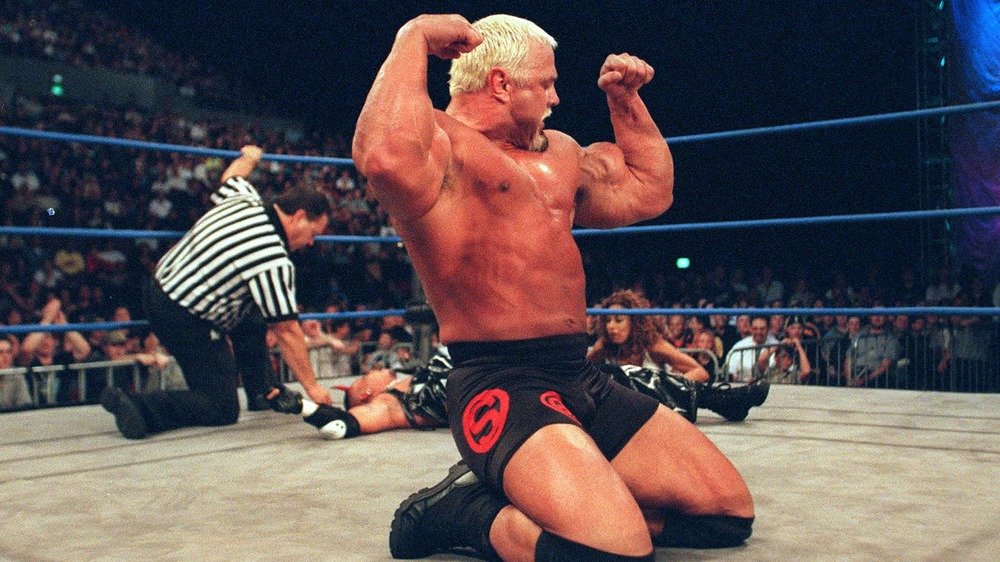
The Real Reason We Judge Others and How To Stop the Cycle
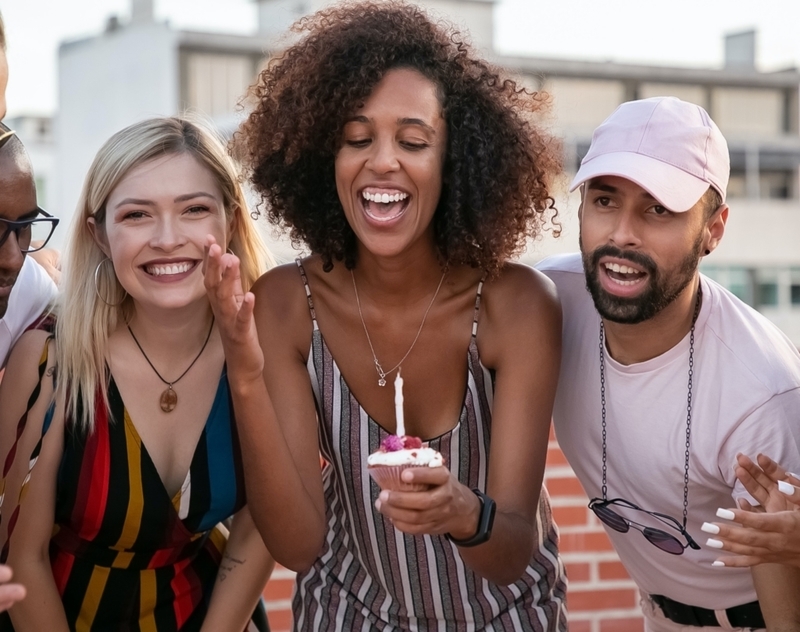
Judgment can make us blind; we’ll never really see someone else or get to know them because all we see is what our brain is telling us to see. Judgment is pervasive in our society, but that’s not to say we can’t do anything about it. The real reason we judge others are simpler than we think, and it just requires a bit more work and intention to free ourselves from the vicious cycle.
Why we judge others?
Judgment is simply a reaction to fear; it’s our protection mechanism, so we don’t have to engage with the unknown. When we don’t have enough information about someone, our inherent instinct is to fear them rather than striving to learn about them and their background. It’s not because we have ill intentions, per se. Rather, this aversion to the unknown has been pervasive in our culture for—well—forever. We act this way because we haven’t been taught emotional intelligence in our upbringing, schools, and institutions. So we don’t engage as a culture with things we are afraid of or learn from people we don’t understand.”
What can we do?
It’s going to take conscious action to go against deep-rooted judgmental instincts. The first step: Educate yourself. Learn what resources you have available, and don’t be afraid to ask questions. We have to engage the conversation through education and asking people about their culture. After we commit to education, the next step is to get out of the idea of shaming, blaming, and naming and, in other words, removing any shame associated with a genuine learning journey. In our society, this system is designed to keep us divided, pitted against each other.

That’s why it’s so important to band together. Let’s turn our anger into fuel to propel ourselves into creating real change, so we can thrive and be done with this. The bottom line? To truly free ourselves from judgment, we need to approach the unknown with genuine curiosity, not fear. We must become comfortable asking people about their culture, and we shouldn’t perpetuate shame and blame. Our inherent system thrives on those good versus bad binaries, but we are intelligent enough to hold on to love, no matter what we see or hear.

America’s Wealthiest: A State-by-State Look at the Nation’s Richest People
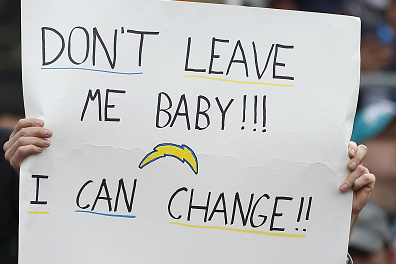
The Best Sports Fan Signs in History!
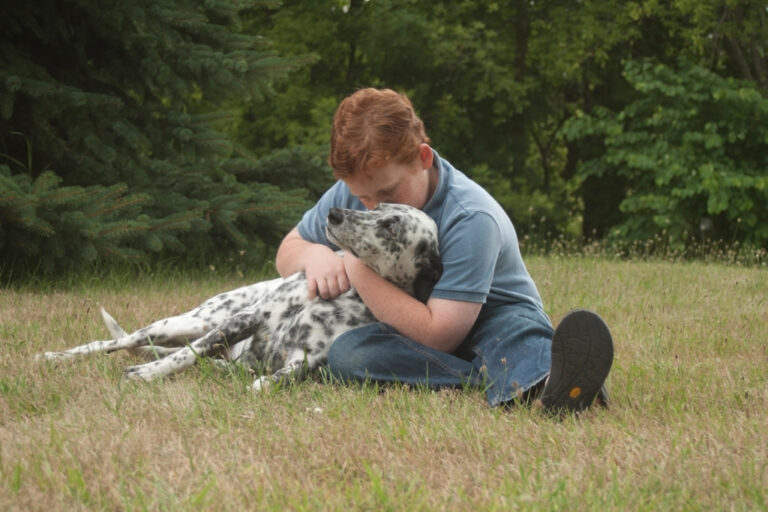
How to Connect With Your Spirit Animal

Different Types of Training for Dogs

How to Live More Sustainably With Your Four-Legged Friends
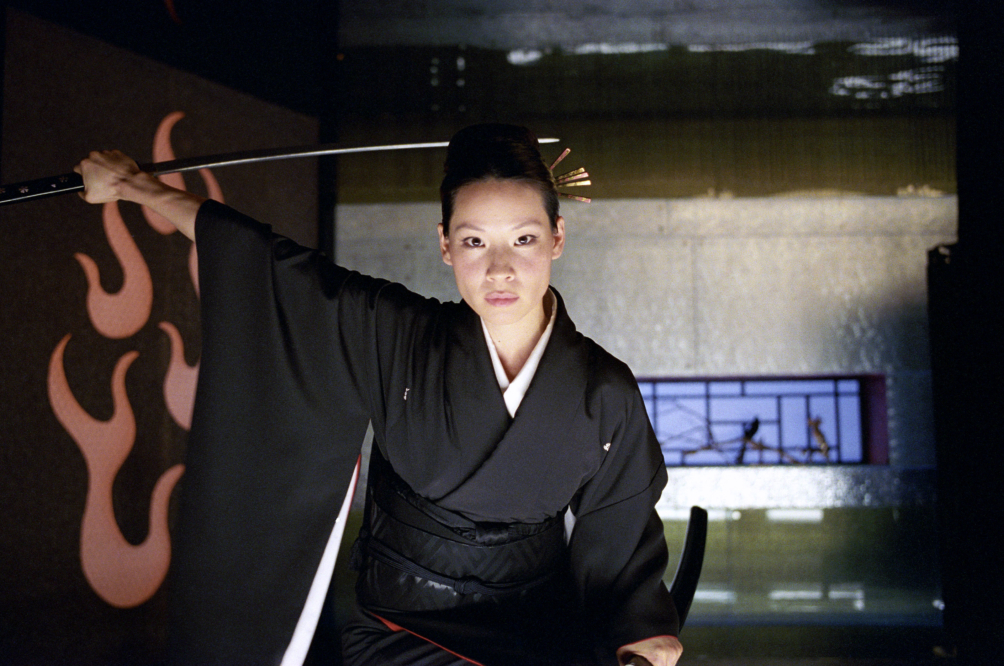
The Villainess: The Most Intriguing Evil Women in Film History
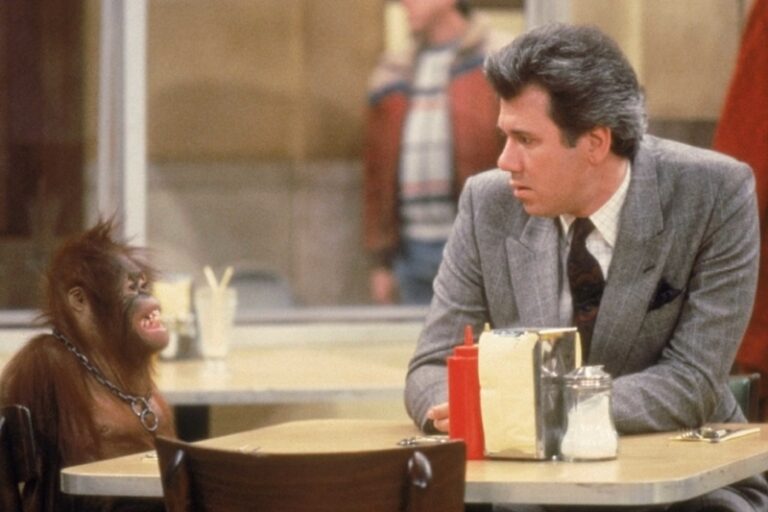
What Happened to the Cast of Night Court & Behind the Scenes Facts
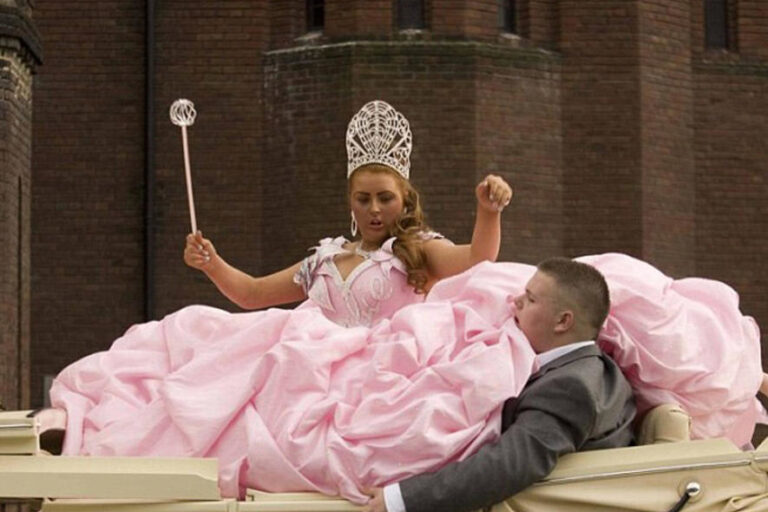
Wedding Dresses Like You Have Never Seen Before

More Beautiful Abandoned Places

Secrets About Air Force One and the World’s Most Expensive Presidential Aircraft
